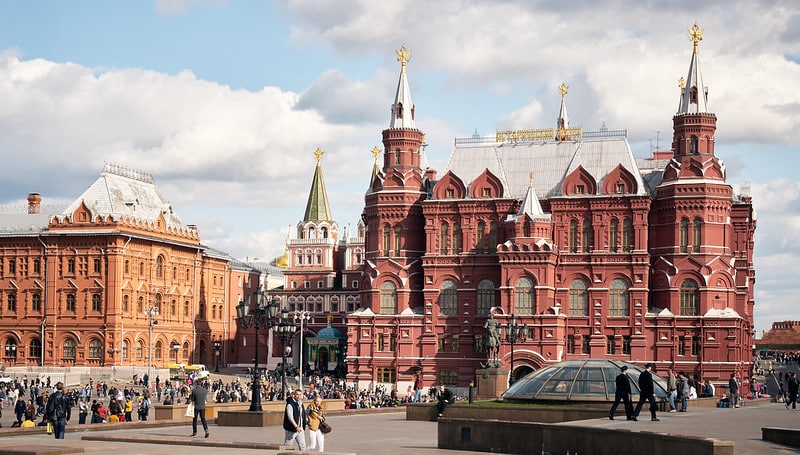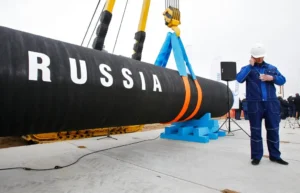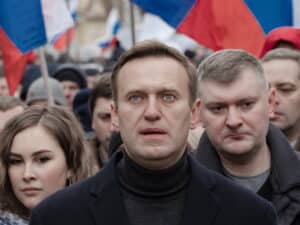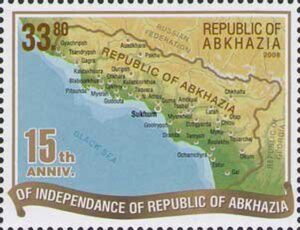As the Kremlin has commenced a full-fledged invasion in Ukraine, sanctions are compiled upon the Russian economy. In the first days after the invasion, Putin’s most loyal allies were sanctioned. Oligarchs, parliamentarians and Putin’s closest acquaintances of Putin were targeted – and later Putin and his foreign minister Lavrov came under sanction. However, in the latest set of sanctions, the western world has frozen important foreign assets of the Russian central bank – and disconnected various banks from the monetary transferring system SWIFT. It is a move that could completely devastate the Russian economy. In reaction, the Russian ruble sank by 30%, and long queues were seen at Russian banks. The Russian stock exchange did not open.
The Russian ‘fortress’ economy has amassed approximately 630 billion dollars in foreign currency reserves – and has a very low debt-to-GDP ratio in comparison with western economies. However, it will now struggle to access such reserves to quell volatility of the ruble – especially now many countries worldwide have joined sanctions. In 2014, it has been visible in Iran that these economic sanctions can completely pinch off a domestic economy. The world has been more cohesive and rapid in implementing economic measures upon Russia than Putin probably expected.
Putin undoubtedly considered the likelihood of economic sanctions as he pushed ahead with his invasion plans. It remains very unpredictable how economic sanctions impact Putin’s position vis-à-vis his population. The Russian propaganda machine runs fully to blame an economic downfall on western actions.
While the sanctions are an important tool in punishing and deterring the Kremlin of the Ukrainian invasion, the negative effects must be closely monitored. It is pivotal that the sanctions are focused on the Russian regime, and not its people – this will become more difficult when its citizens are increasingly deprived from basic needs and services. The combination of an impoverished population, a discontent oligarch elite, and above all, a security council dominated by a loyalist Putin clique seems to be a receipt for messy scenes in Russia. As it stands, many Russians appear to disapprove military action in Ukraine.
This must remain that way.
Sources: DW I DW II The Guardian NY Times
Photo: Flickr



